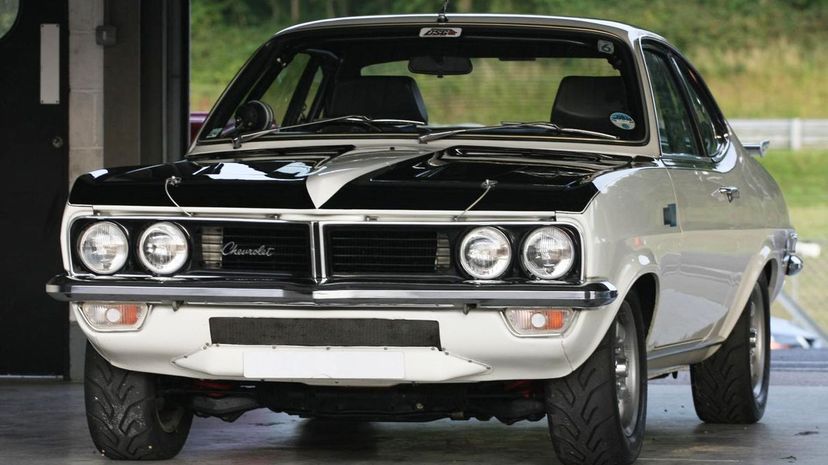
About This Quiz
Chevrolet has been producing cars since way back in 1913, which means they have a whole lot of history on the road, especially when compared to most other automakers. Some vehicles have made a lasting impression on the industry, like the Malibu and the Silverado. Others have gone beyond to achieve what you could consider almost a kind of legendary car status, like the unforgettable Chevy Corvette or the powerful Camaro. And then there are the other cars that have made a much smaller splash in history, like the Delray or the Eagle that few people can remember at all. There's no doubt about it, Chevy had made their mark in the automotive world and have manufactured some of history's greatest automobiles.
Now you may never get to drive a classic Corvette, and you've maybe never even seen a Series C Classic Six in person but if you consider yourself a car person, especially a Chevy person, then here's hoping you know some of the classics this company has produced over the last century and then some. If you think you know your stuff, then it's time to get into the driver's seat, put it in gear, and name that Chevy!
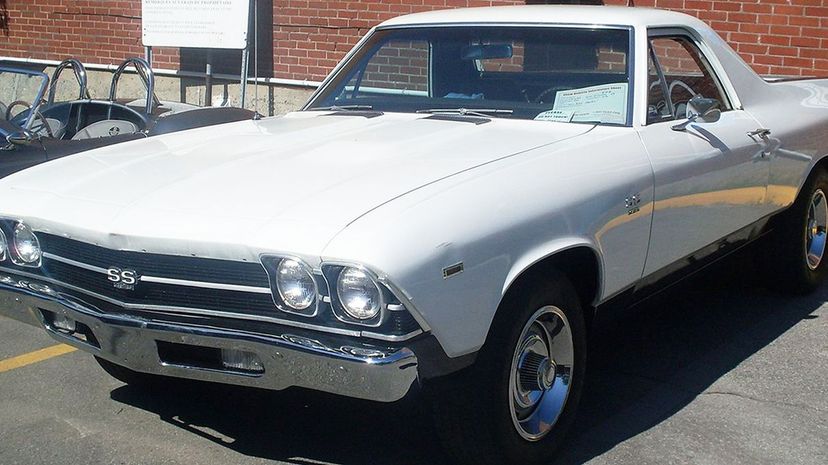
One of the most memorable cars Chevy has ever produced, whether for good or bad, the El Camino was not actually a cross between a car and a truck. It was more of a station wagon with the top rear removed to make a flatbed.
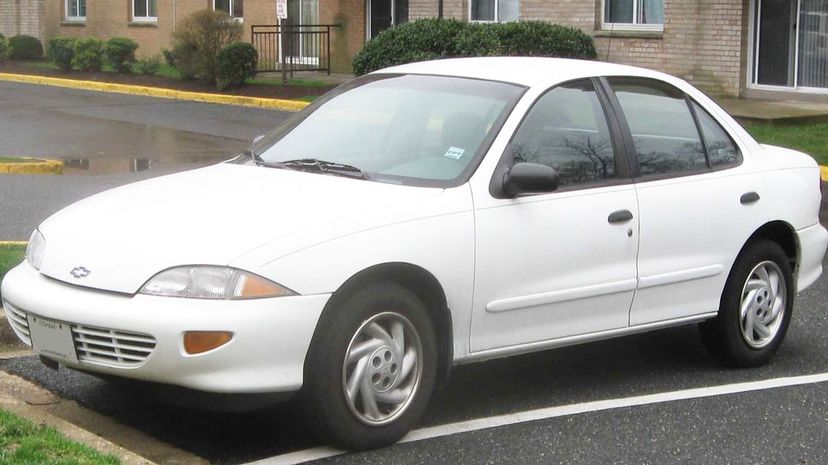
Chevy began the production of the Cavalier in 1982 and discontinued them for the North American market back in 2005. It was brought back again for the Chinese market in 2016, however, and is still being produced there.
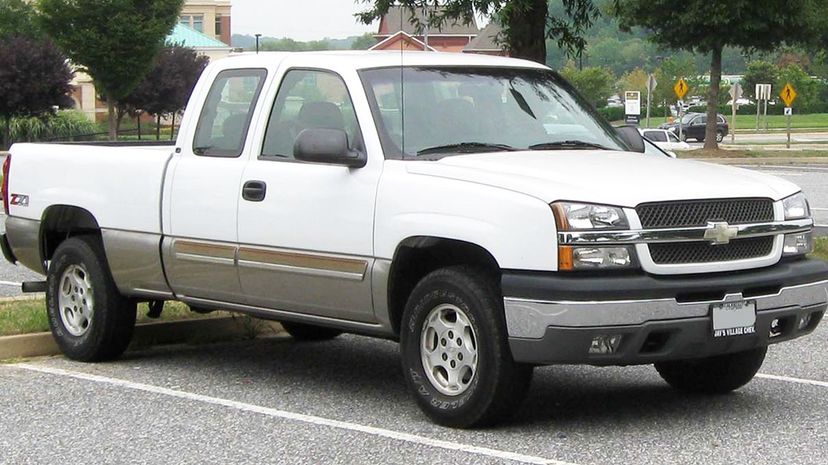
The Chevy Silverado, or, if you want a super heavy-duty truck, the Silverado HD, has been in production since 2008 when it replaced the older C/K models in the lineup. This is essentially Chevy's answer to the Ford F-series though Ford has been extremely successful with their line.
Advertisement
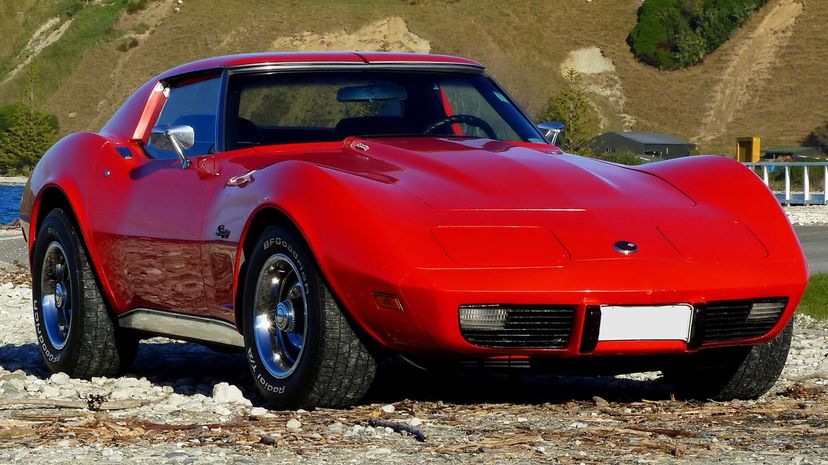
First produced in 1953, you could make a strong case that the Corvette isn't just one of Chevy's most popular cars but one of the most famous in the history of automaking as a whole. It's currently in its eighth generation, and if you're wondering, a corvette is actually a warship.
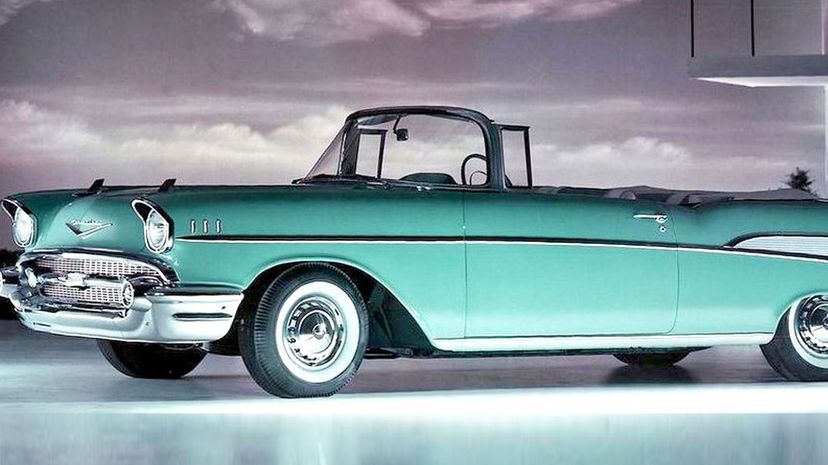
The Chevy Bel Air was one of the icons of '50s automaking with long lines and giant tail fins, ideally in something like seafoam green. By the mid-1960s, they had increased the size to well over 17-feet in length.
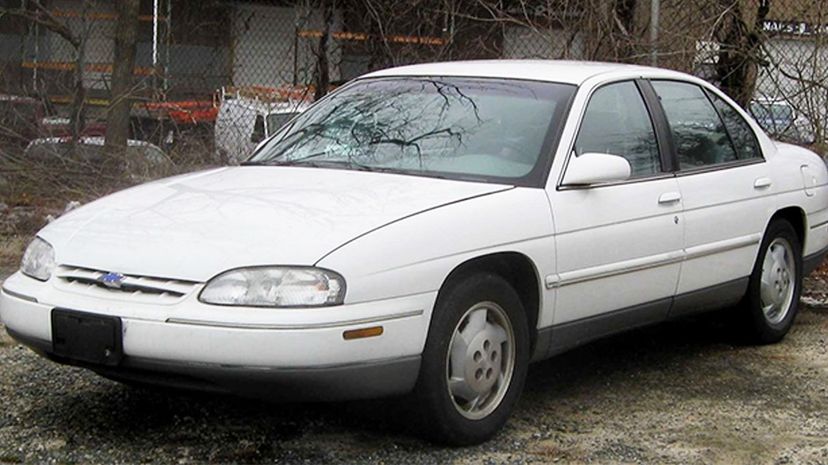
The Chevy Lumina was produced for the first time in 1989 for the 1990 model year. They caused some controversy when they were raced in Nascar events before they were made available publicly and later became the company car for the Disney corporation.
Advertisement
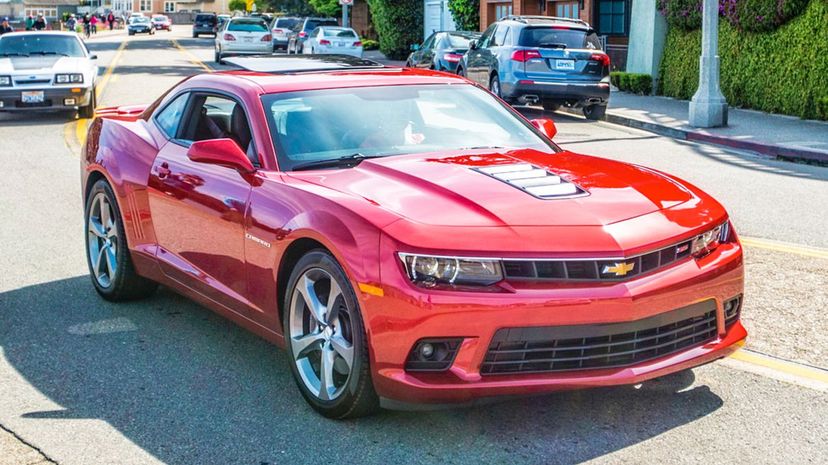
The Camaro was Chevy's answer to the Ford Mustang and its entry into the pony car segment. While the two cars have competed neck and neck for years, the Camaro often outperforms the Mustang, and it's been the pace car at the Indy 500 nine times.
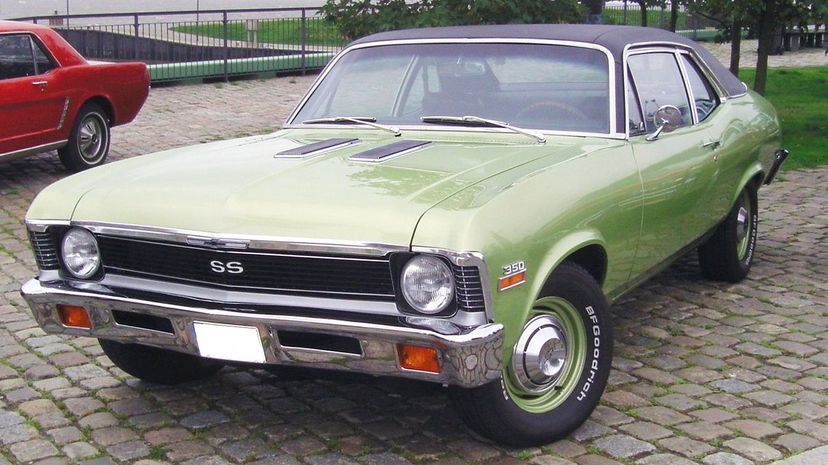
The Chevy II Nova, which eventually dropped the first part of the name just to become a Nova, was originally just a compact car, but by 1968, the Chevy Nova SS was sporting a 396 cu in (6.5L) Big Block engine.
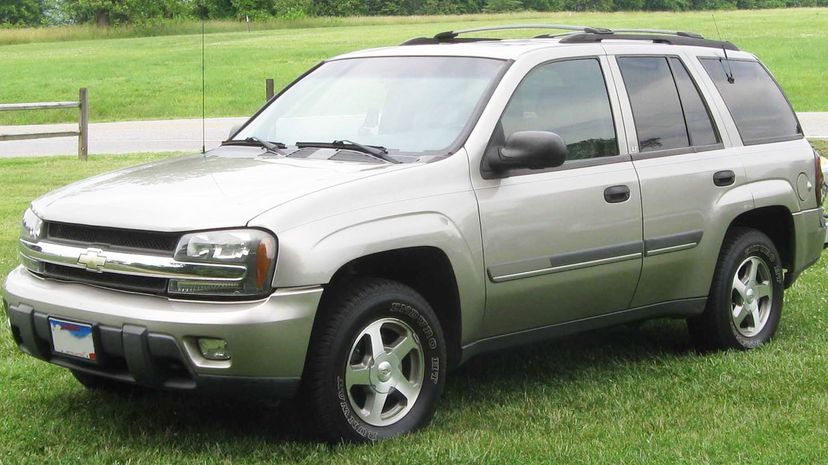
The original Chevy Trailblazer SUV was sold from 2001 to 2009 before it was replaced, in North America, by the Traverse. The name lived on in other markets, and in 2019, China introduced its own Trailblazer as a crossover SUV for the 2020 model year.
Advertisement
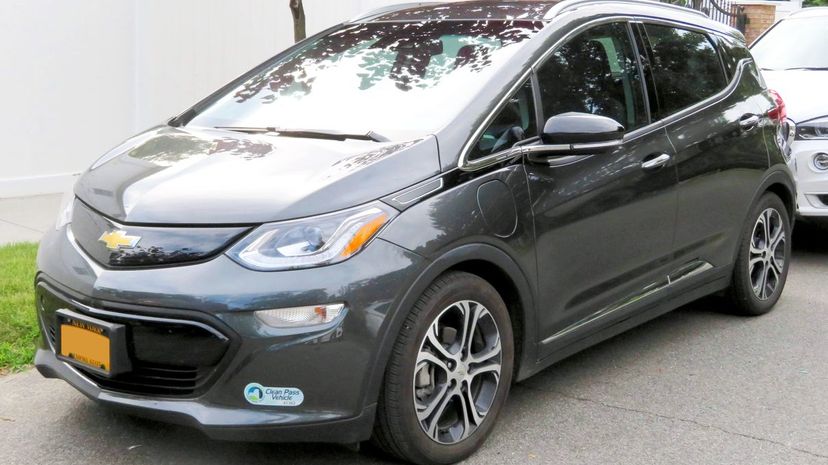
The Chevy Bolt is sometimes called the Chevy Bolt EV and is an all-electric car, Chevy's first offering to compete in that market. The 2020 model has a range of 259 miles on a single charge and gets the equivalent miles of 119 miles per gallon.
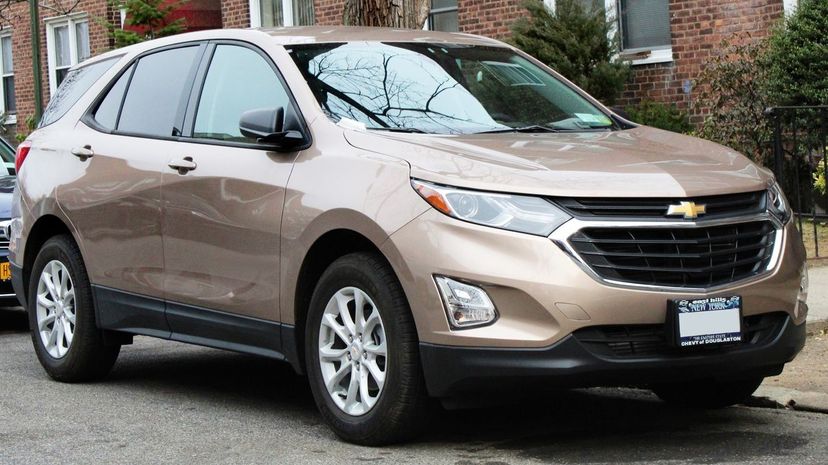
First manufactured in 2004, the Chevy Equinox is an SUV that started life as a mid-size and then became a crossover for the 2017 production year. To play on the name, Chevy actually unveiled the third generation on the autumnal equinox, September 22, back in 2016.
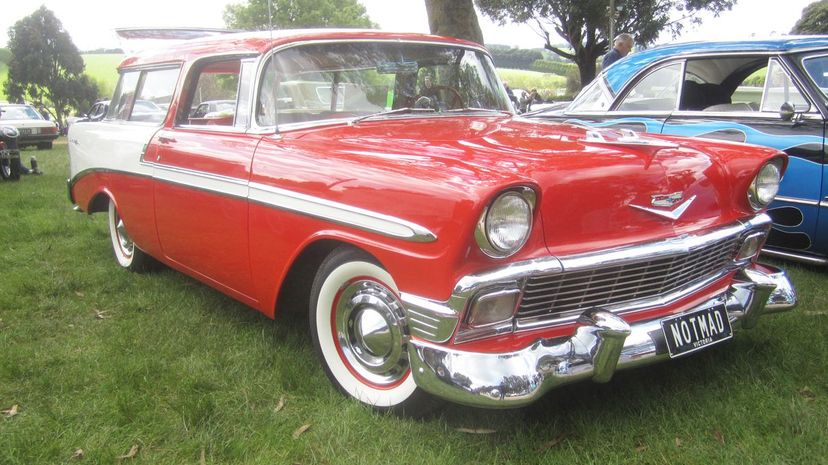
The Chevy Nomad was produced in two distinct runs. The first was from 1955 to 1961, while the second was from 1968 to 1972. While you may not think of station wagons as very fashionable today, the '50s Nomads were decked out to the nines with chrome accents and also a pretty decent V8 engine.
Advertisement
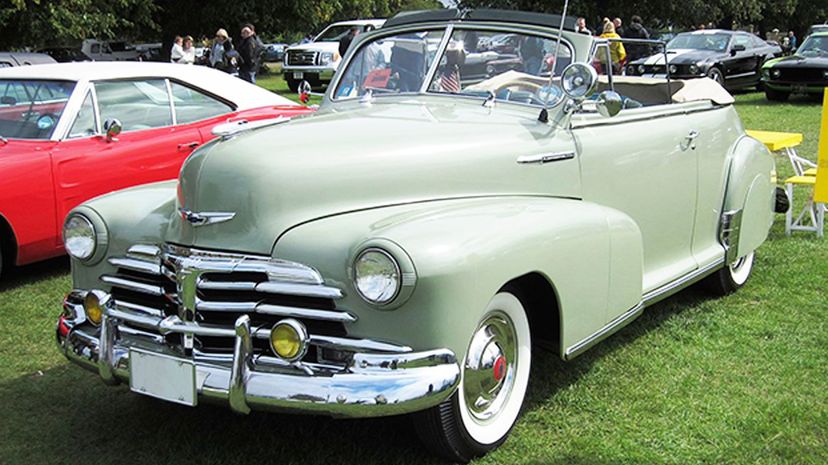
Available for three production years as a sedan, a convertible, and a station wagon, the Fleetmaster also had a subseries known as Fleetline that only came in two-door and four-door fastback body styles.
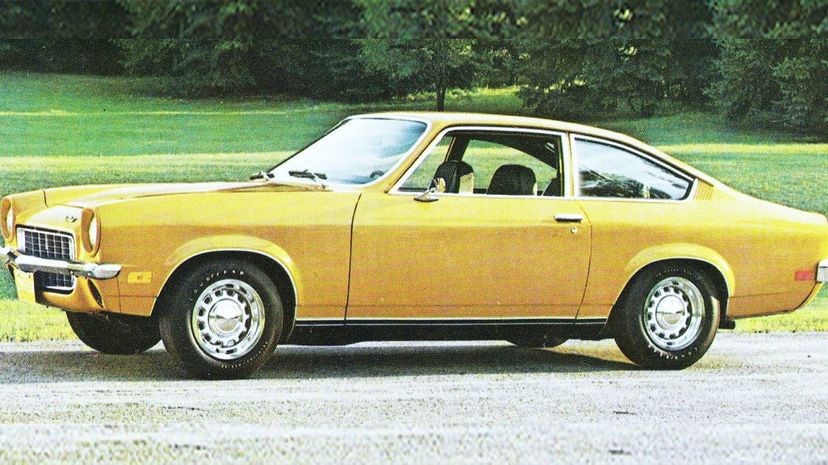
While many of its competitors like the Pinto and the Gremlin were knocked for being ugly and having performance issues, the Vega did surprisingly well and was even elected as "Motor Trend's Car of the Year" back in 1971.
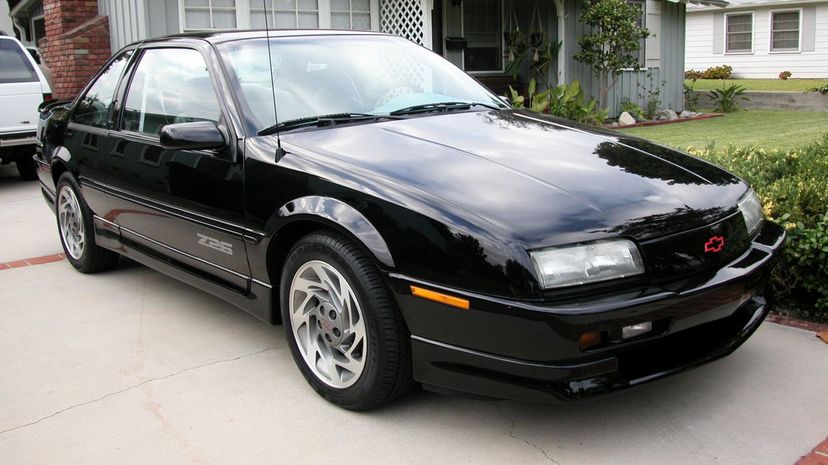
Fabbrica d'Armi Pietro Beretta, the Italian firearms company, sued Chevy for using the Beretta name, which they have trademarked. The suit was settled out of court in 1989, and Chevy donated a sizeable chunk of money to charity on behalf of Beretta.
Advertisement
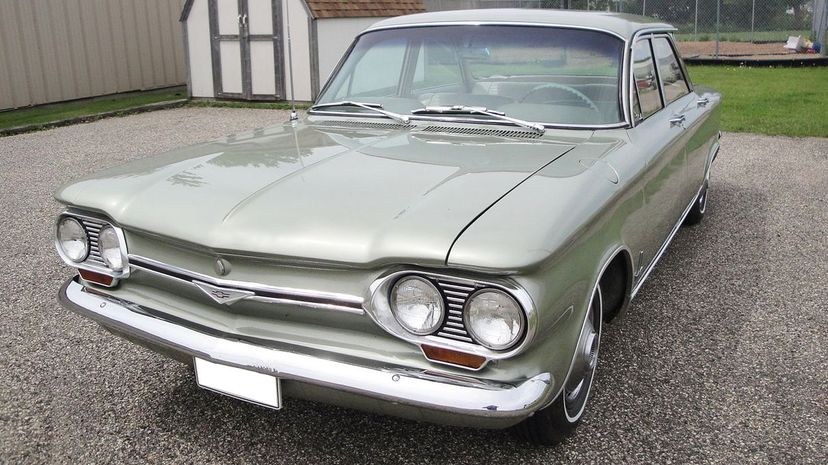
From 1960 until 1969, Chevy's Corvair was the only mass-produced car with a rear-mounted, air-cooled engine, and, in fact, it still holds that distinction to this day. The vehicle was widely criticized, in particular by Ralph Nader, for its handling ability.
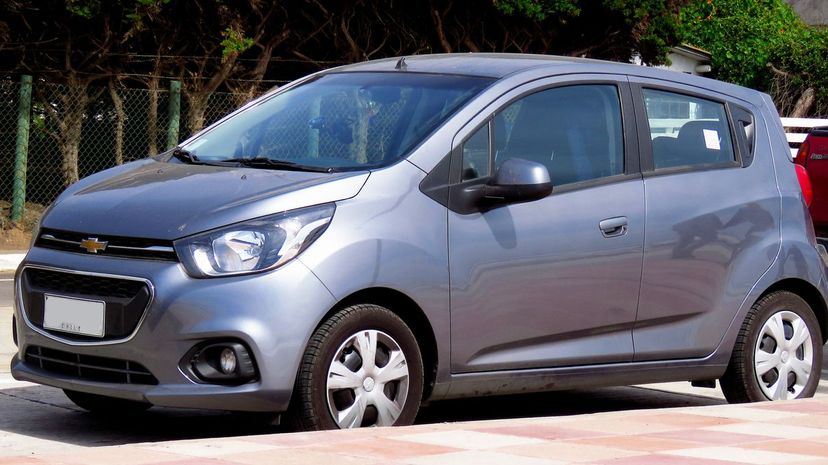
The Chevy Spark is sold all over the world under various names and for a time in 2012, was the fastest-selling car in the United States. They sold out in just six days from the time they made it to dealerships in July of that year.
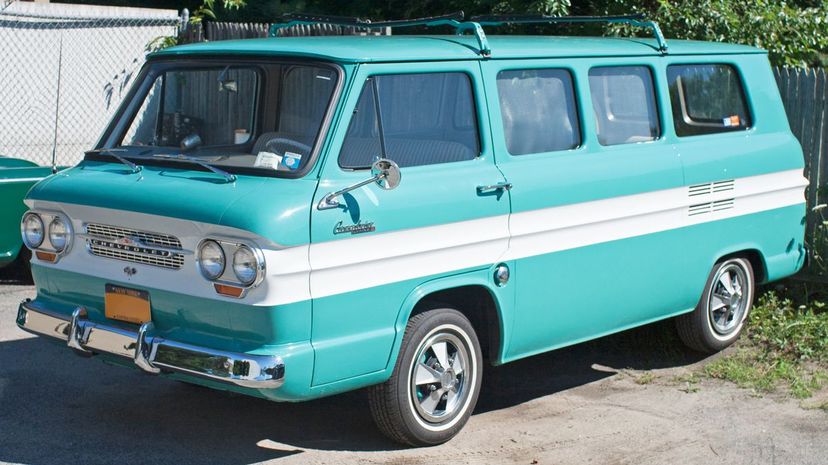
Originally marketed as the Chevy Corvair Greenbrier, this vehicle was an eight- or nine-passenger van from 1961 to 1965. It was brought back to life in 1969 as the Chevy Chevelle Greenbrier station wagon.
Advertisement
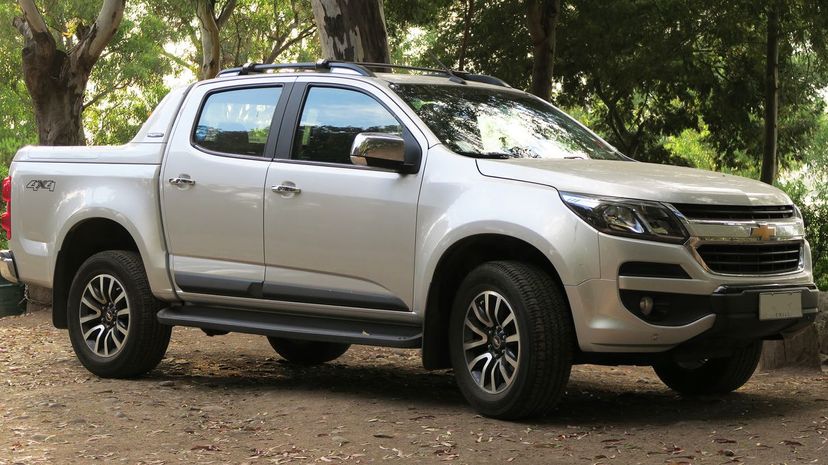
Chevy's Colorado is a mid-size pickup truck that the company has been making since 2004 when it replaced the S-10 pickup. Chevy and GMC often release sister models, and the GMC Canyon is essentially the same vehicle with only a handful of different features.
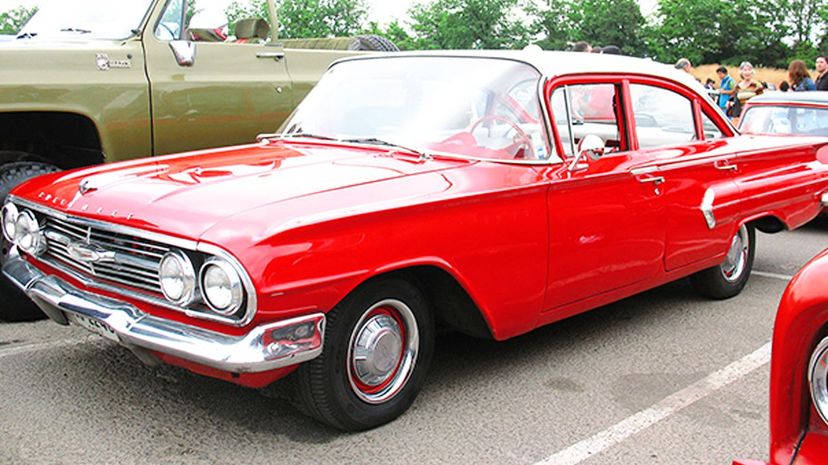
The full-sized Chevy Biscayne was the lowest-priced model in its class that Chevy offered except for a one-off in 1958. To make that possible, the car had very limited features and accents, being more utilitarian than luxurious in every way.
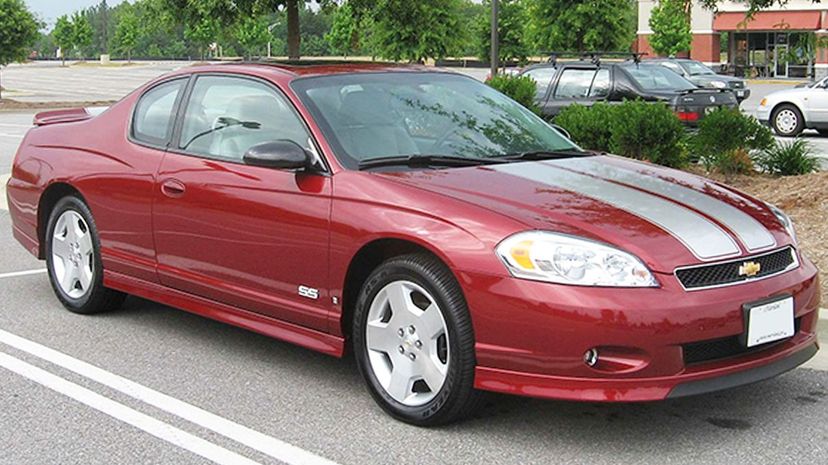
The Monte Carlo was first produced for the 1970 production year by Chevy and lasted until 1988. It was retired until 1995 when it came back for a few years before once again being retired after the 2007 model year.
Advertisement
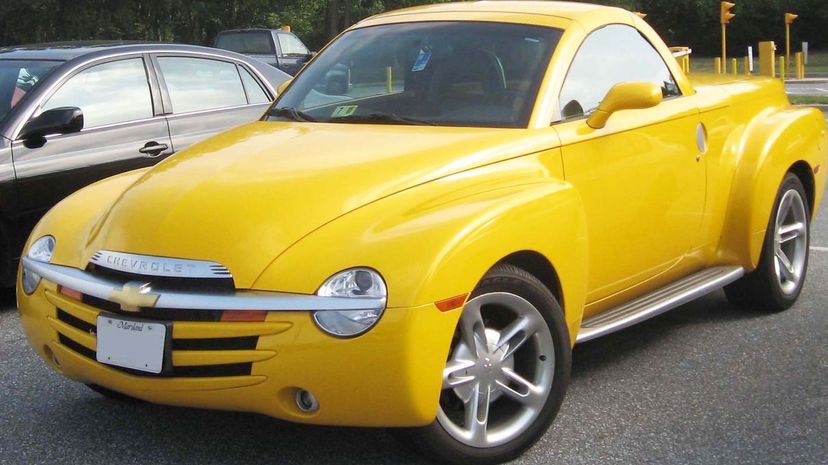
The SSR was produced from 2003 to 2006, and it was used as the pace car for the 2003 Indianapolis 500. Despite the attempts to make it popular, it severely undersold. In general, it seemed underpowered for the hotrod it was being marketed as, and it was also criticized for being ugly.
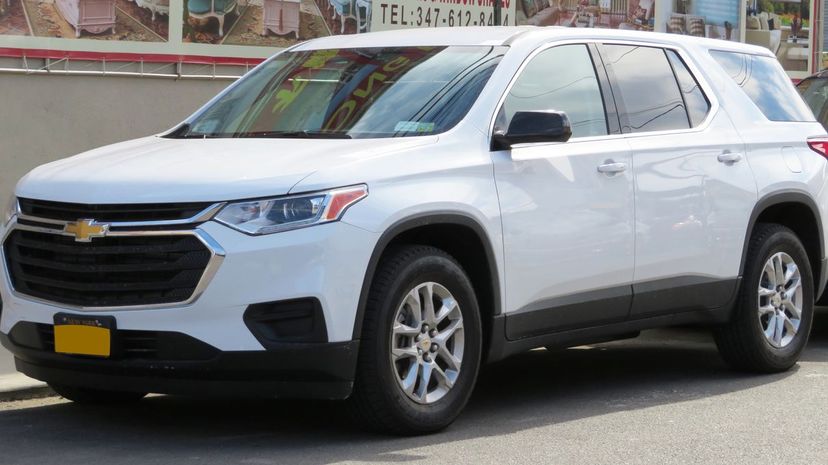
You can get up to eight people inside of a Chevy Traverse, making it a pretty spacious crossover SUV compared to some. Chevy is heavily expanding the Traverse into numerous markets, including the Middle East and South America.
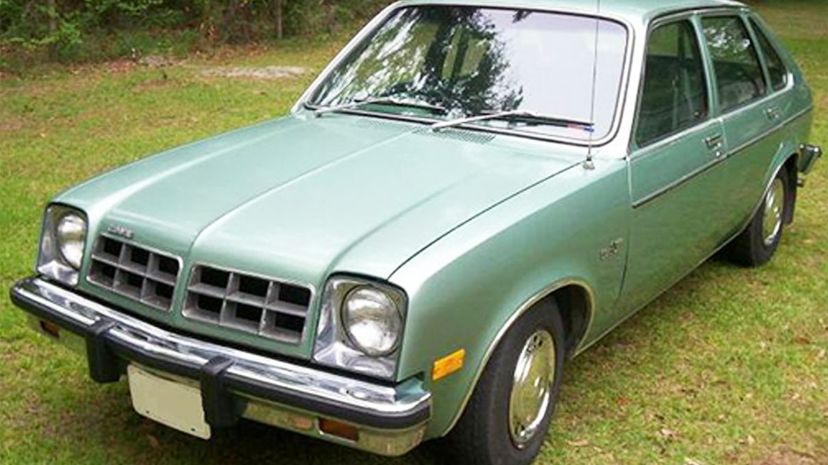
The Chevy Chevette was incredibly popular and managed to sell nearly three million units during its 12-year production run. While it got the job done at the time, it's been widely criticized as a pretty forgettable car in the years since.
Advertisement
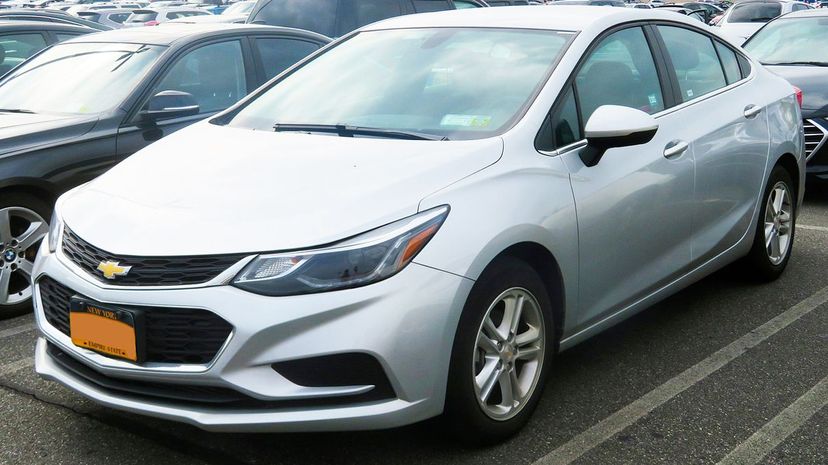
Though it's still available in international markets, the Chevy Cruze is no longer sold in North America. Sales in the U.S. peaked in 2014 with over 273,000 sold but declined steadily after that.
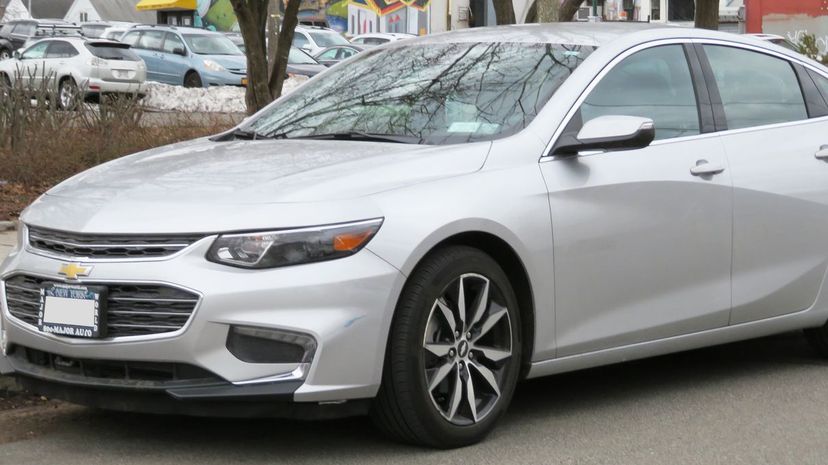
In 1964, the Chevy Chevelle was introduced, and the Malibu trim package was the top of the line stuff you could get. By 1978, they dropped the Chevelle entirely and just went ahead with the Malibu.
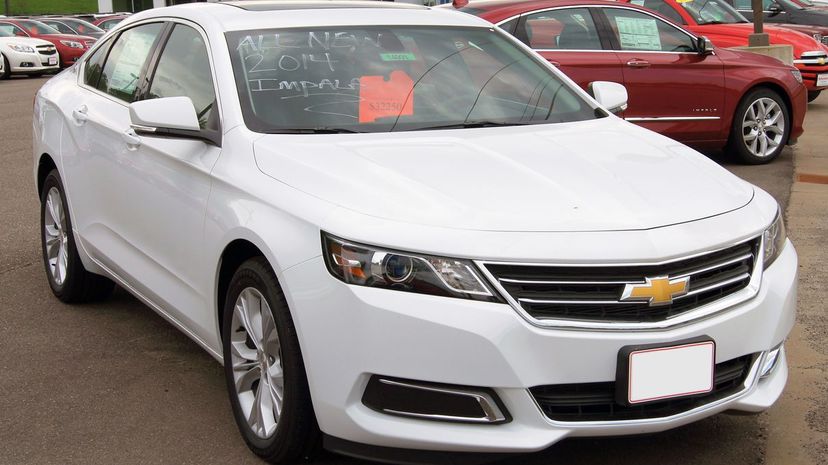
Chevy has been making the Impala since 1957. For a time in the '60s, you could get an Impala with a 427 cu in (7.0L) V8 engine that was a stark contrast to the image of a slender little impala out on the plains munching grass.
Advertisement
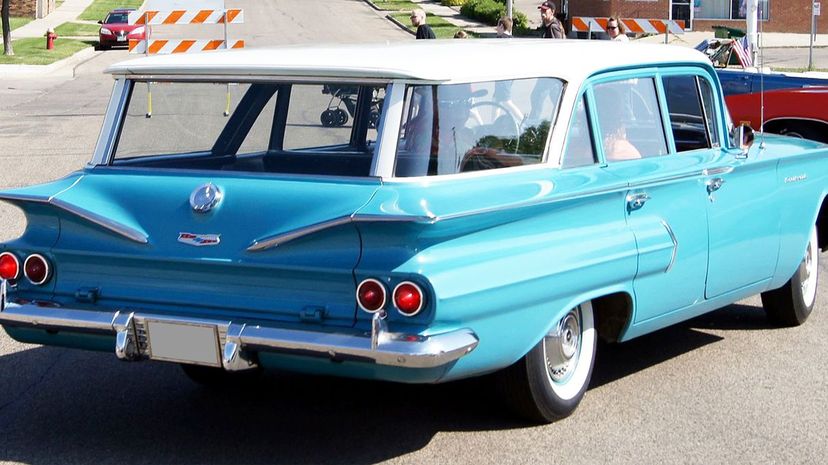
The Chevy Brookwood started life in '58 as a mid-range station wagon before becoming entry-level a year later when the Yeoman was axed from the lineup. It vanished entirely in 1961 but did get brought back again in 1969 until 1972.
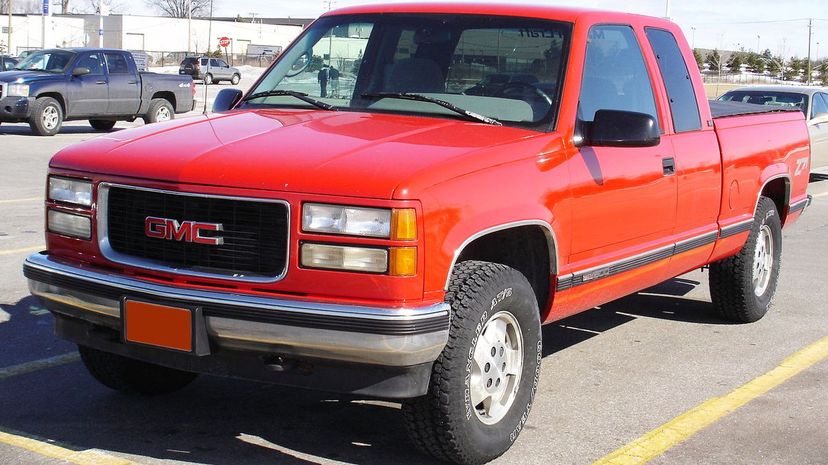
The C/K line from Chevy was produced from 1959 until 2002 when Silverado took over. What does C/K mean, you ask? If it was a "C" truck, it had a two-wheel drive, while a "K" truck had a four-wheel drive.
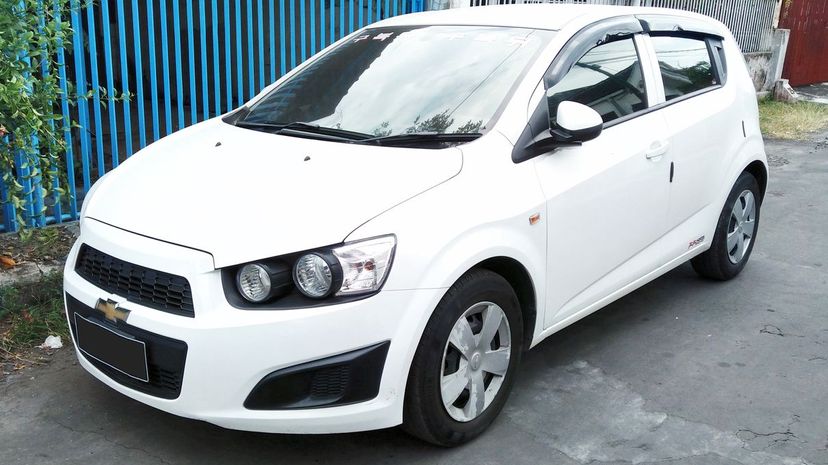
The Chevy Sonic was the Aveo before 2012 and is still on the market. It's one of the most widely sold cars made by Chevy and can be found in a whopping 120 countries, where it's sold under brands like Daewoo, Pontiac and Holden, among others.
Advertisement
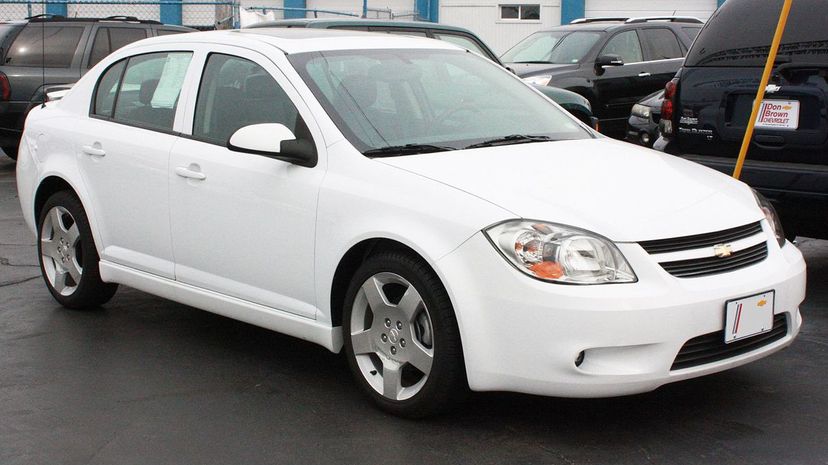
The Chevy Cobalt was only in North America from 2005 until 2010. It headed south from there, and in the 2011 production year it was made available in Brazil, where it's still produced.
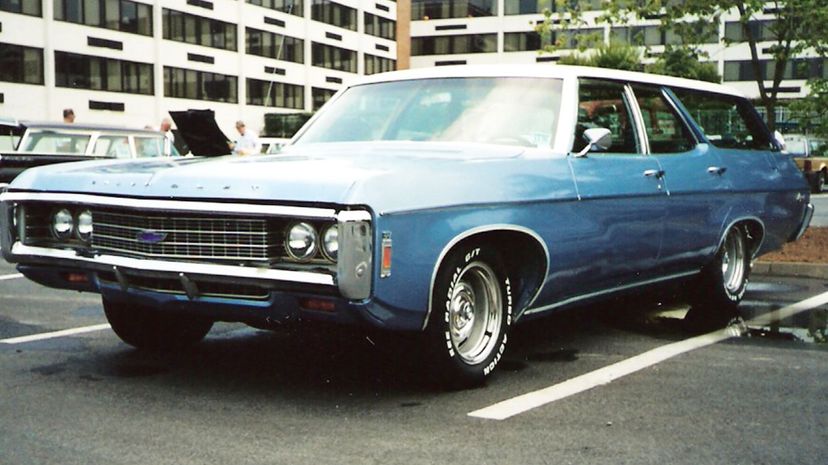
The Kingswood station wagon was not a long-lived vehicle and was only in production from 1959 to 1960. It was unique though with cat's eye headlights and triple bench seats to allow for nine passengers. It came back in 1969 but as a much different vehicle.
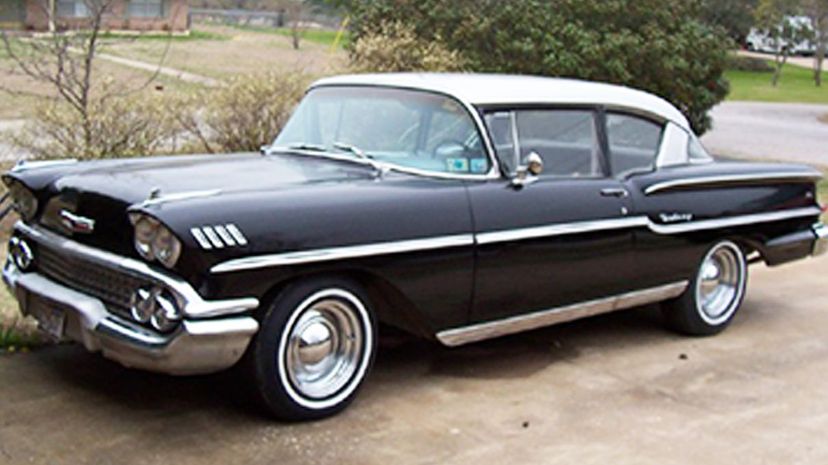
The 1958 Chevy Delray was at the very bottom of Chevy's lineup, which is maybe why it never lasted more than a year. It had been a trim option on Chevy 210s before that, but as its own model, things were less than stellar.
Advertisement
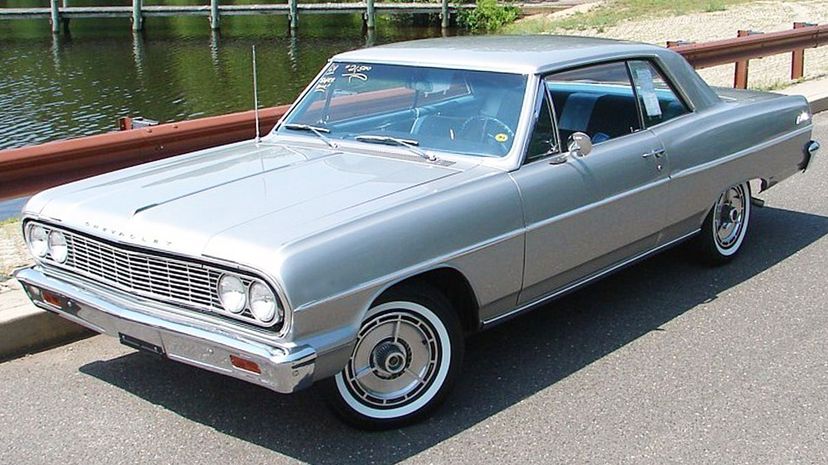
The Chevelle was part of Chevy's lineup from 1964 until 1977. The Malibu had been offered as a trim package for several years, but there were many other versions of the Chevelle as well, including the Laguna, the Colonnade Coupe, the SS and more.
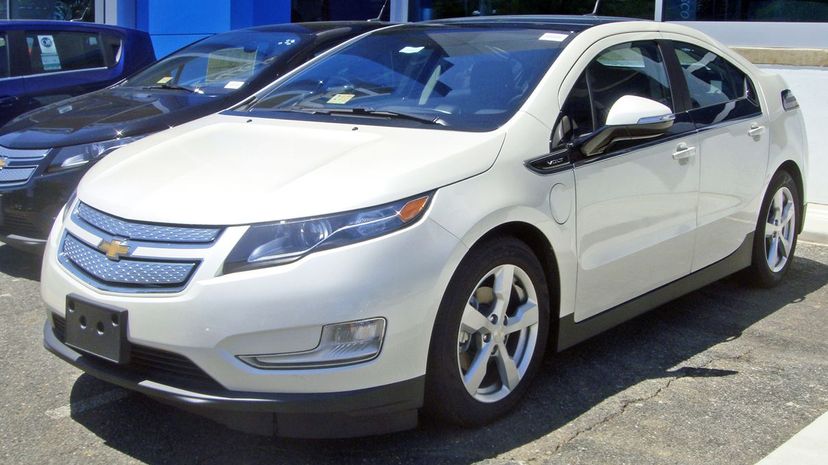
Chevy's Volt ended production in 2019. At one point, it was the top-selling plug-in hybrid in the United States. Despite winning numerous awards, Chevy chose to cease production, claiming sales of sedans were on the decline.
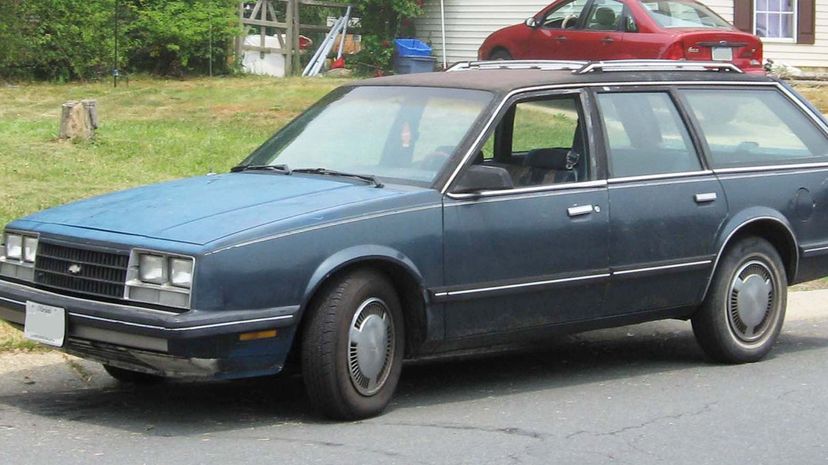
The Chevy Celebrity was produced from 1982 to 1990 before being swapped out for the Lumina. As a two-door mid-size sedan, the Celebrity just wasn't in very high demand because, let's be honest, no one likes climbing into the back seat of a two-door.
Advertisement
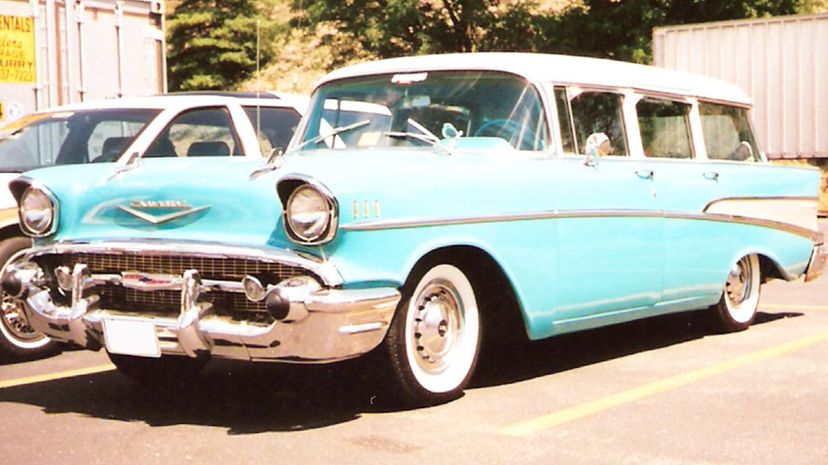
The Chevy Townsman station wagon was first produced in 1953 until 1957 and then brought back again in 1969 until 1972. The early models were also available as the Chevy Townsman Bel Air and were luxury station wagons.
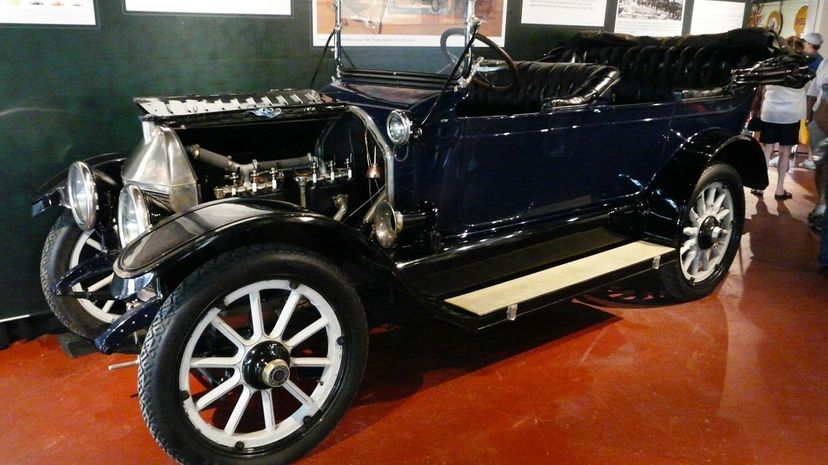
Way, way back in 1913 Chevy introduced its Series C Classic Six. You have to wonder what made it a classic if it was the very first car they ever rolled off the line. But nevermind that. Just know that this car existed for one year, and Chevy moved on.
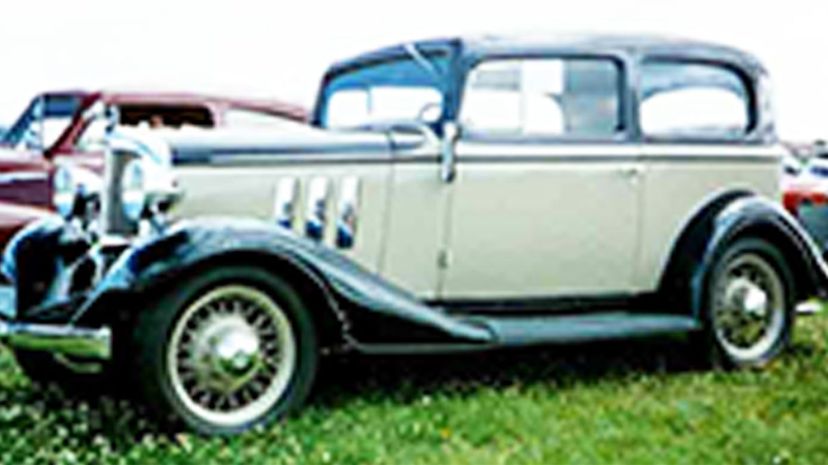
The 1933 Chevy Eagle was replaced by the Master the following year and replaced the earlier Series BA Confederate. The Master was pretty much just a name change to the Eagle with a few minor differences but nothing too drastic.
Advertisement
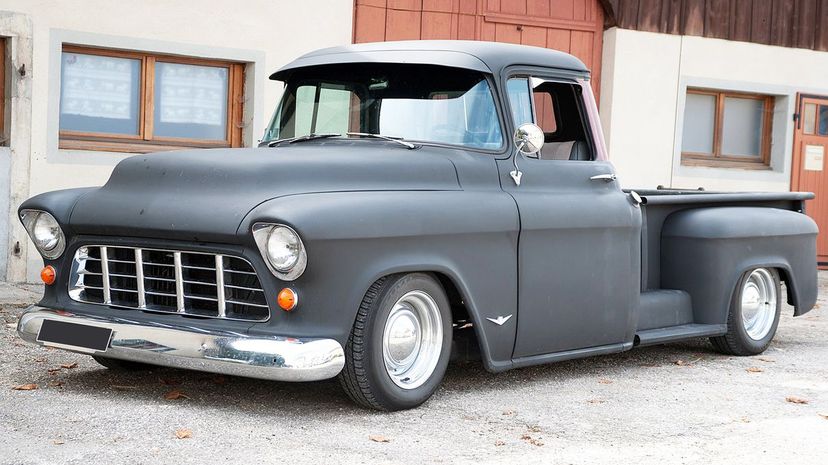
In 1955 the Chevy Task Force truck was the first in the industry to have a wraparound windshield design, which just meant it curved along the side of the frame slightly to meet the side of the truck, rather than being some entirely swirled in glass thing as the name implies.